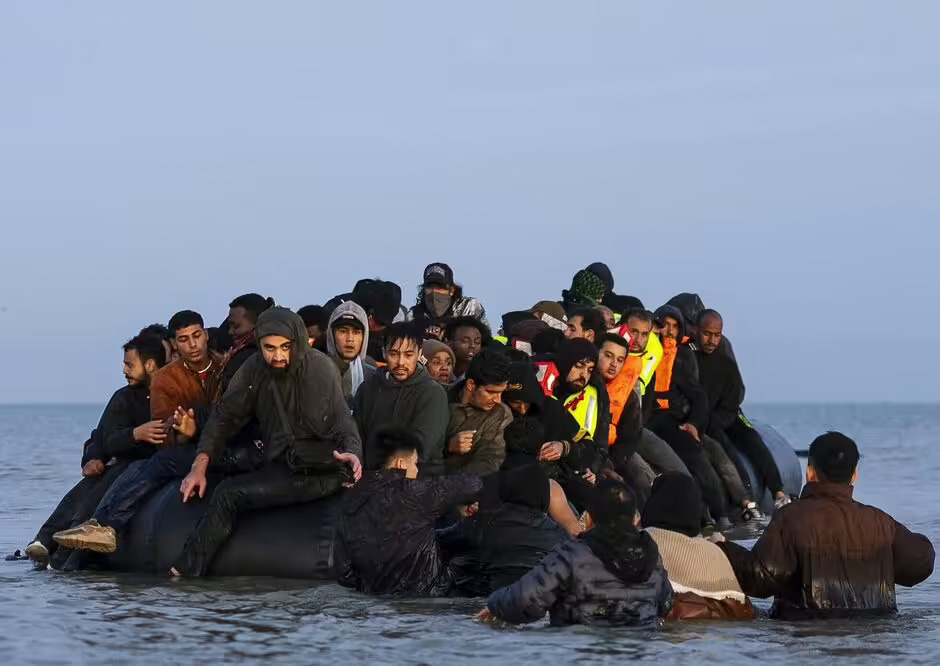The United Kingdom has deported 16 migrants to France in what has been described as the largest group return so far under the new “one in, one out” migration scheme. The initiative, launched on August 6, aims to balance the number of migrants entering and leaving the country as part of a bilateral agreement between London and Paris.
This latest operation brings the total number of migrants sent back to France to 42, almost twice the number received by the UK under the reciprocal arrangement. However, more than 11,000 migrants have still managed to reach British shores since the scheme began, highlighting ongoing challenges in managing Channel crossings.
According to Home Secretary Shabana Mahmood, the government plans to “scale up removals” in a bid to deter further illegal crossings. Mahmood stated that the record deportation flight sends “a clear message” to those attempting to enter the UK unlawfully, saying, “If you come here by small boat, you can be sent back.”
Official data shows that more than 36,000 migrants have crossed the English Channel in small boats this year, representing nearly a one-third increase compared to the same period last year. Since the Labour government took office, that figure has reached almost 60,000, despite efforts to reinforce border security.
The Home Office confirmed that three chartered flights have now operated under the deal, including one earlier this month that carried 10 deportees on a private jet, as well as others on commercial Air France flights.
Meanwhile, charities have reported record numbers of migrants attempting to cross from northern France, with smugglers resorting to so-called “mega dinghies” to transport larger groups. One such inflatable, reportedly 40 feet long, was spotted on the Channel last month carrying 125 people — the largest number ever recorded in a single vessel.
To tackle smuggling networks, the UK government has also deployed additional border security officers to the Balkans, aiming to disrupt migration routes and collaborate with Frontex — the EU’s border and coast guard agency — on joint operations. It is estimated that around 22,000 migrants pass through the Balkans annually en route to northern France, where many attempt the final and dangerous crossing to Britain.

